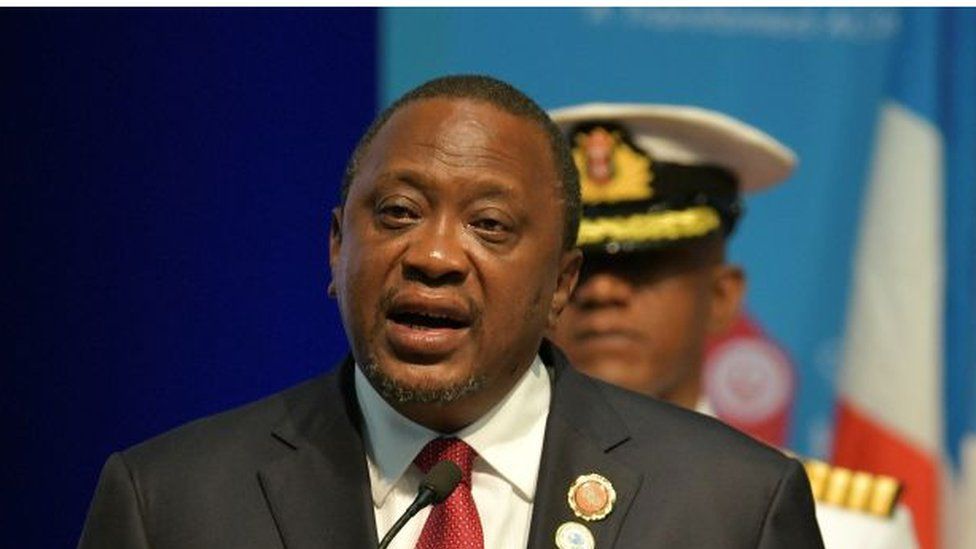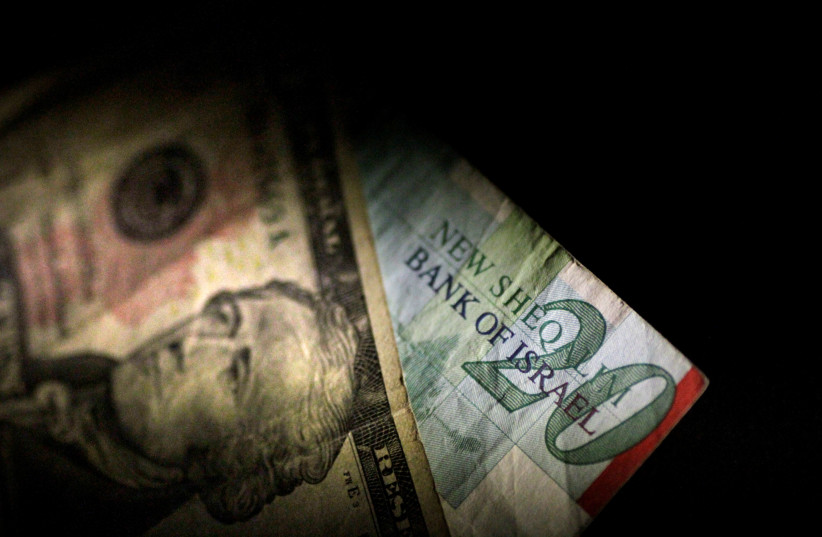https://rumble.com/vn8g65-red-october-end-of-world-as-we-knew-it-clif-high.html
https://www.youtube.com/watch?v=gutWjGuKCGA
Patrick Byrne, former CEO of http://Overstock.com, claims that he was complicit in facilitating a bribe for Hillary Clinton in the amount of $18M [on behalf of the FBI] in January, 2016.
https://www.youtube.com/watch?v=OWwNJZhcrww

According to the indictment, Sussmann lied to former FBI general counsel James Baker about potential connections between the Trump Organization and Alfa Bank, which has ties to the Kremlin. Prosecutors claim that he falsely told the FBI that he was not representing a client when he was discussing the alleged connection. Instead, he was representing the Clinton campaign and a technology executive. The Alfa Bank allegation was eventually proven false by FBI investigators, and was not substantial enough to make it into the Mueller report.
“Sussmann’s lie was material,” prosecutors allege, “because, among other reasons, Sussmann’s false statement misled the FBI general counsel and other FBI personnel concerning the political nature of his work and deprived the FBI of information that might have permitted it more fully to assess and uncover the origins of the relevant data and technical analysis, including the identities and motivations of Sussmann’s clients.”
As usual Sussmann’s attorney said he was not guilty. But when they start squeezing his ballz he will talk. Guys like him don’t like to share a room with Bubba.
https://www.bbc.com/news/world-africa-58775944
Related Topics
 IMAGE SOURCE,GETTY IMAGES
IMAGE SOURCE,GETTY IMAGESThe family of Kenya’s President Uhuru Kenyatta, that has dominated the country’s politics since independence, secretly owned a network of offshore companies for decades, according to a huge leak of financial papers.
The Pandora Papers – 12 million files – is the biggest such leak in history.
Mr Kenyatta and six members of his family have been linked to 13 offshore companies.
They have not yet responded to requests for comment.
The Kenyattas’ offshore investments, including a company with stocks and bonds worth $30m (£22m), were discovered among hundreds of thousands of pages of administrative paperwork from the archives of 14 law firms and service providers in Panama and the British Virgin Islands (BVI) and other tax havens.
The secret assets were uncovered by an investigation, published earlier on Sunday, by the International Consortium of Investigative Journalists (ICIJ), Finance Uncovered, Finance Uncovered, Africa Uncensored and other news organisations.
Documents show that a foundation called Varies was set up in 2003 in Panama, naming Mr Kenyatta’s mother, Ngina, 88, as the first benefactor – and Kenya’s leader as the second benefactor, who would inherit it after her death.

https://www.foxnews.com/media/fauci-slammed-claiming-too-soon-to-consider-christmas
“We can gather for Christmas, or it’s just too soon to tell?” Brennan asked.
(COPY AND PASTE THE URL BELOW)


The Department of Justice has been hit with a lawsuit for failing to provide public access to its records about the “killing” of Ashli Babbitt.
She was the California woman, unarmed, a 14-year Air Force veteran, who was shot and killed by Capitol police last January when dozens of protesters got rowdy, broke windows and doors, and vandalized parts of the building.
Democrats over and over have claimed the events that day as worse than 9/11 and a true threat to the future of American government.
Babbitt was shot and killed as she climbed through a broken interior window.
TRENDING: Ashli Babbitt coverup sparks federal action